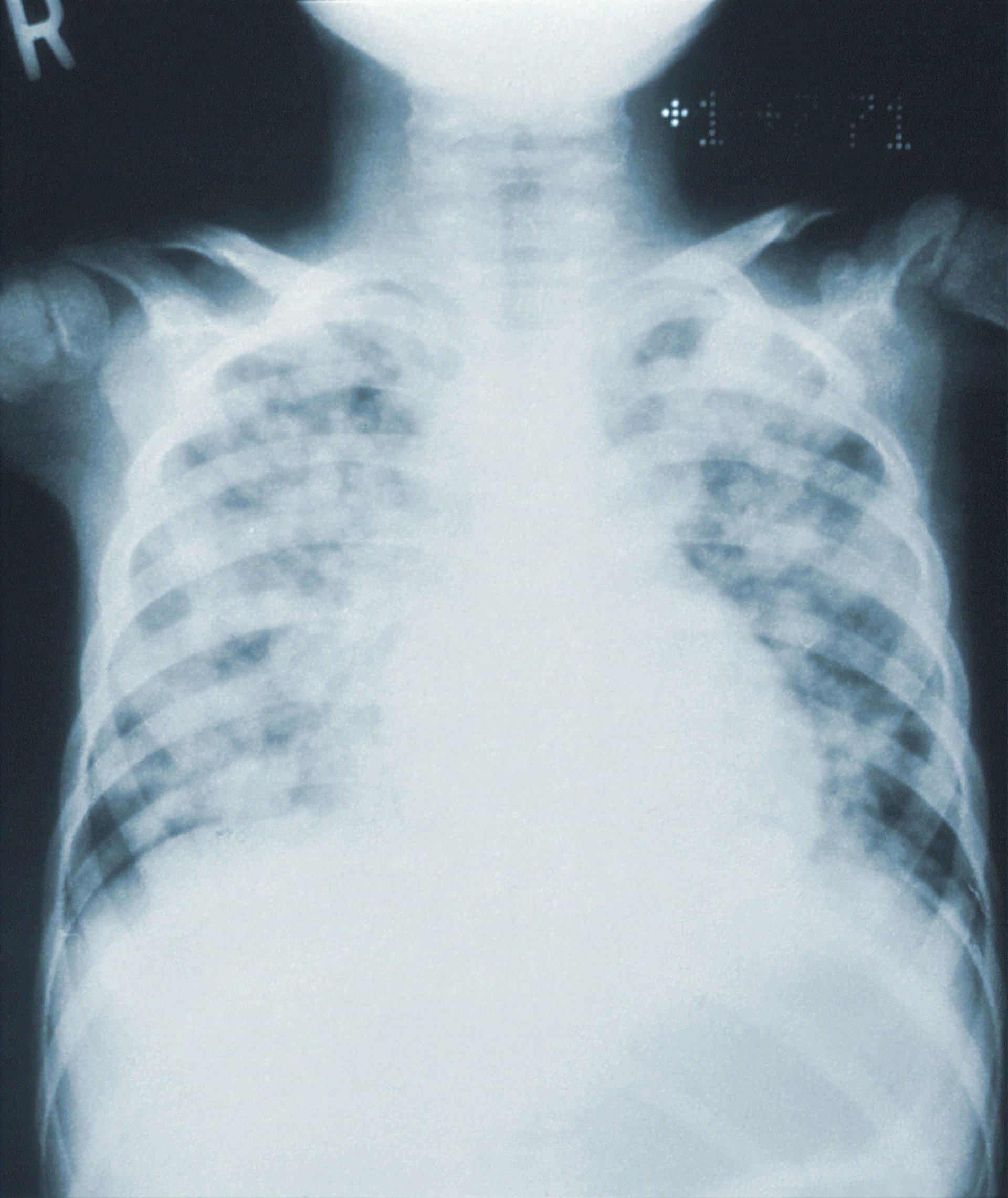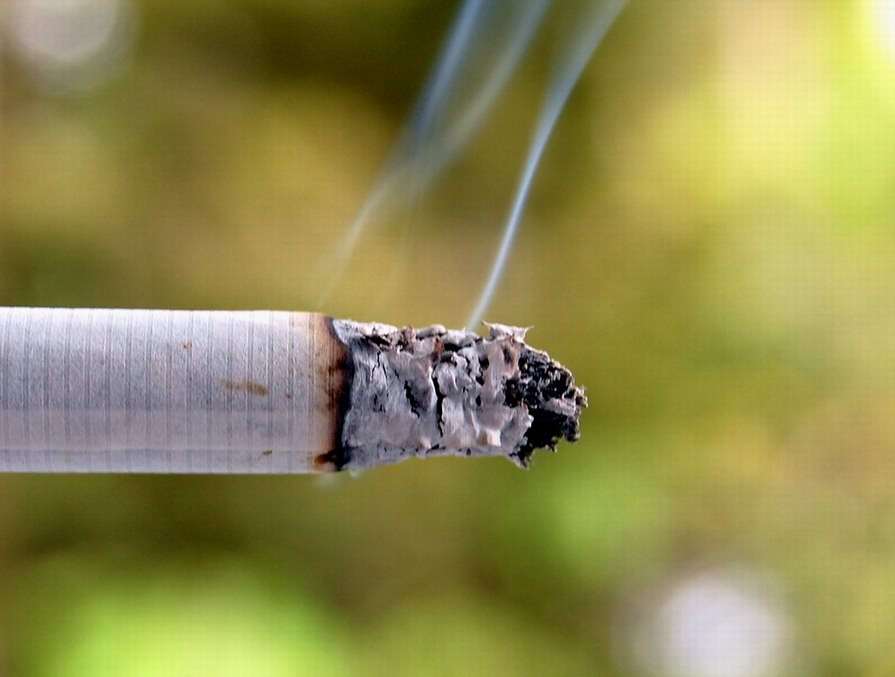Iowa Radiology
Recent Posts
How Hysterosalpingography Works & What to Expect
Mar 12, 2024 7:15:00 AM Posted by Iowa Radiology
If you’ve struggled to become pregnant or carry a pregnancy to term, your doctor may order a hysterosalpingogram (HSG) to investigate the cause. This imaging test allows a radiologist to visualize the uterus and fallopian tubes...
The Role of X-rays in Cancer Screening & Early Detection
Feb 12, 2024 7:15:00 AM Posted by Iowa Radiology
Cancer screening helps save lives by finding developing cancers early, before they begin to cause symptoms. Generally speaking, the earlier a cancer is detected, the more successfully it can be treated. With early-stage cancers,...
Demystifying Body Composition: What It Is and Why It Matters
Jan 9, 2024 7:15:00 AM Posted by Iowa Radiology
Healthcare providers often look at patients’ body mass index (BMI) as an indicator of health and potential risks. We’re told that “normal” BMI is between 18.5 and 25, and anything outside this range is classified as underweight,...
Visualizing Female Reproductive Anatomy: How an HSG Works
Dec 11, 2023 8:15:00 AM Posted by Iowa Radiology
What is an HSG?
A hysterosalpingogram (HSG) is a real-time X-ray test that examines the uterus and fallopian tubes. It relies on fluoroscopy, which allows doctors to visualize the flow of contrast dye as it occurs to identify...
Breast Cancer Survivorship: Life Beyond Treatment
Nov 8, 2023 8:15:00 AM Posted by Iowa Radiology
At the beginning of 2022, there were more than four million breast cancer survivors in the U.S. Breast cancer is an incredibly common illness, affecting approximately one in eight women (12.5%). Fortunately, great strides have...
Hereditary Breast Cancer: BRCA Mutations & Beyond
Oct 9, 2023 7:15:00 AM Posted by Iowa Radiology
While there are several steps we can take to reduce cancer risk, some risk factors, like breast density and genetic makeup, are beyond our control. Although around one third of breast cancer cases are thought to arise from...
Unveiling the Impact of Low Estrogen Levels
Sep 6, 2023 9:29:16 AM Posted by Iowa Radiology
The Role of Estrogen in the Body
Estrogen is the main female sex hormone. However, both male and female bodies produce estrogen as well as testosterone and progesterone, and everyone needs a healthy balance of these hormones to...
A Journey through GI Disease: Functional Disorders
Aug 1, 2023 2:30:00 PM Posted by Iowa Radiology
Gastrointestinal (GI) disease encompasses many different types of disorders and can affect any part of the digestive tract, which includes the entire system from the mouth to the anus. Some GI disorders are minor and transitory,...
A Journey through GI Disease: Structural Disorders
Jul 27, 2023 1:21:00 PM Posted by Iowa Radiology
Gastrointestinal (GI) disease includes several different disorders and can affect any part of the digestive tract. Some are minor and resolve quickly, while others can be serious or chronic. In this two-part series, we’re...
Low-Dose CT Screening for Early Lung Cancer Detection
Jul 10, 2023 12:45:00 PM Posted by Iowa Radiology
Lung cancer is the single deadliest form of cancer worldwide and accounts for approximately 20% of cancer deaths in the U.S. Lung cancer deaths climbed steadily from 1930 through 1990, when 91.1 out of every 100,000 men died of...











